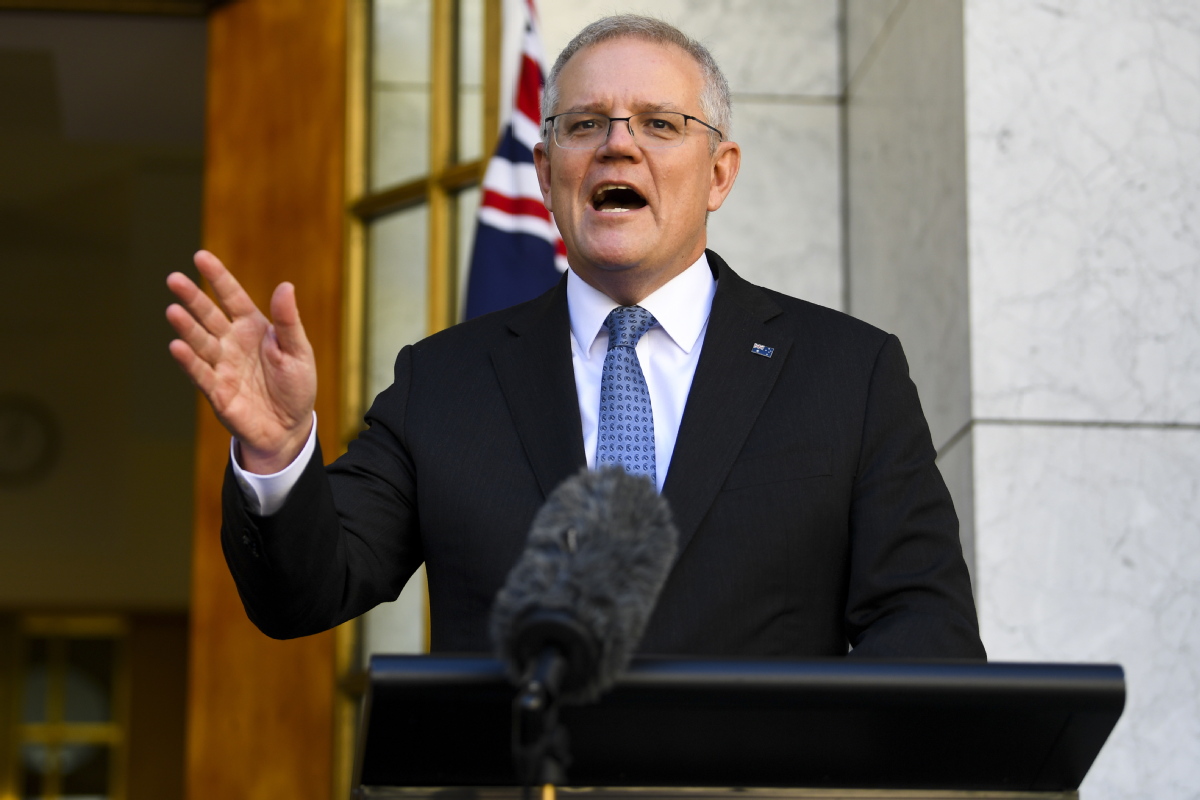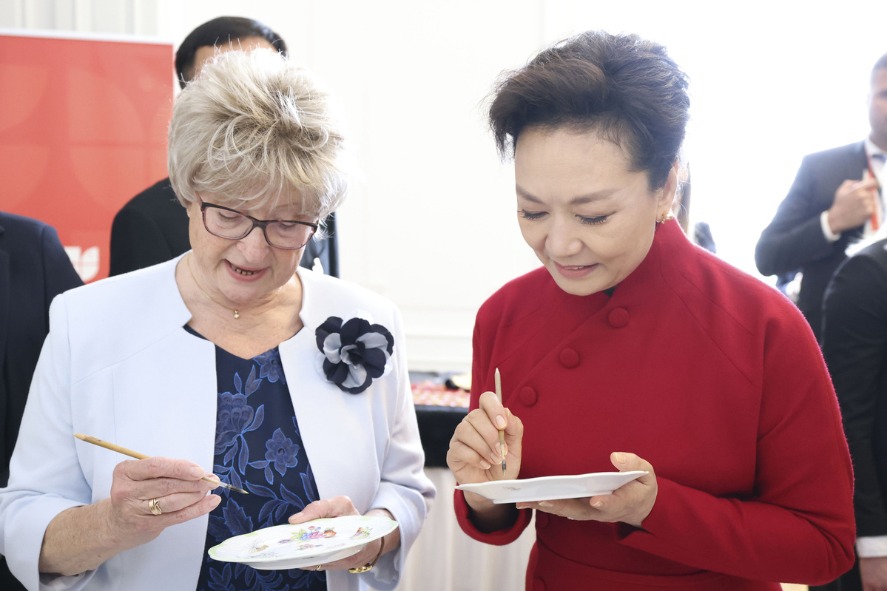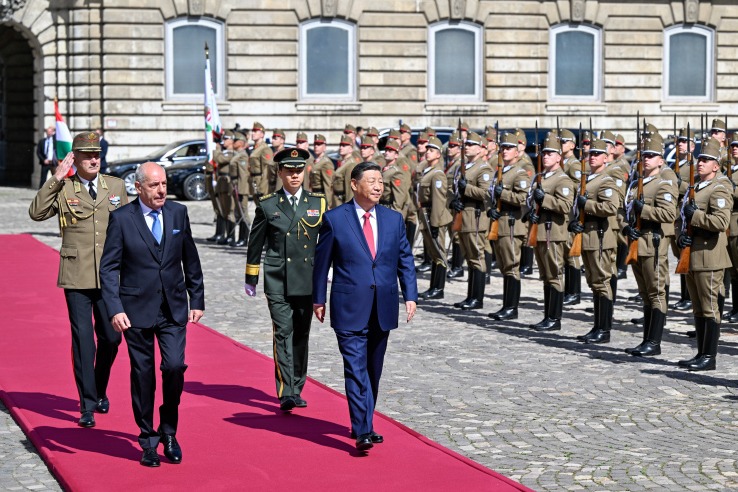Climate culprit Canberra fails to do its share
By ZHAO RUINAN | China Daily | Updated: 2021-08-23 09:26

Coal-loving PM under pressure as calls grow for stronger Australia commitment
One day in February 2017, Scott Morrison, then Australia's treasurer, brought a lump of coal into the parliament. It was an unlikely, if eye-catching, totem of the government's energy policy. And this was how Canberra was going to keep the nation's lights on and power prices low.
"This is coal," Morrison told lawmakers. "Don't be afraid."
The baffling incident was seen by many as undermining discussion of important topics such as renewable energy and climate change. By that time Australia, one of the world's largest emitters of greenhouse gases, had already signed the Paris Agreement.
However, four years later, the government appears yet to take the climate crisis seriously, even after a landmark United Nations report this month warned that catastrophic global warming is occurring far more quickly than previously forecast.
Morrison, who has been Australia's prime minister for three years, has rejected growing calls to adopt more ambitious emissions targets, insisting the country is doing enough to tackle climate change.
"Australia is doing its part," Morrison said on Aug 10, signaling he would not adopt a net-zero emissions target. "I won't be signing a blank check on behalf of Australians to targets without plans."
But a report released on Aug 9 revealed that Australia's climate change response is one of the worst among developed countries.
Titled "Back of the pack: An assessment of Australia's energy transition", the report by a think tank in Canberra found that "Australia is unique in being the only country of the top energy consuming nations to have exhibited an increase in energy use per person over the period 2005-2019".
Former UN secretary-general Ban Ki-moon also said Australia is "out of step" with the world.
"Australia's current goal of a 26 to 28 percent reduction on 2005 levels by 2030, and the absence of a national zero emissions target, is out of step with its states, its trading partners, and other comparable nations," Ban said last week.
The world is ramping up spending to counter climate change. According to a recent report by the Energy and Climate Intelligence Unit, a nonprofit organization in Britain, 61 percent of countries in its sample have committed to net-zero emissions.
Australia is one of just a few countries that have not made a firm commitment to the target, which has sparked protests within its borders.
Some daubed protest messages on Australia's parliament and the prime minister's residence right after Morrison's rejection of meaningful action.
"We take responsibility for our actions and are willing to face the consequences, unlike our politicians who won't even acknowledge they have a duty of care to the children of this country," one of the protesters said.
Australia's foot-dragging has even drawn criticism from allies, which have urged it to strengthen its emissions-reduction targets in the leadup to a UN-sponsored climate change summit in Glasgow in November.
Major economies are "absolutely critical" to cutting global emissions "and I urge Australia to step up with big, bold commitments ahead of COP26 in November", Alok Sharma, a UK lawmaker and president of the upcoming summit, said on Thursday.
Experts and green groups worldwide hope that the UN report this month drafted by the Intergovernmental Panel on Climate Change will spur Australia to get on the right track.
"Scott Morrison's refusal to commit to a net-zero target-and instead just hope for the best-flies in the face of this imminent threat," said Gavan McFadzean of the Australian Conservation Foundation, an environmental group.
The report by the IPCC warned that the average global temperature is likely to cross the 1.5C warming threshold within the next 20 years-bringing more intense droughts, heat waves, floods and storms.
In July, UNESCO proposed that Australia's Great Barrier Reef be listed as endangered owing to severe coral bleaching, poor water quality and inaction on climate change.
Ma Jun, founding director of the Institute of Public and Environmental Affairs, an NGO, called on Australia to take climate change more seriously and beef up its efforts in tackling global warming.
"We really need to put all hands on deck and to act fast enough to prevent the worst of climate change," Ma said.
Agencies contributed to this story.
























